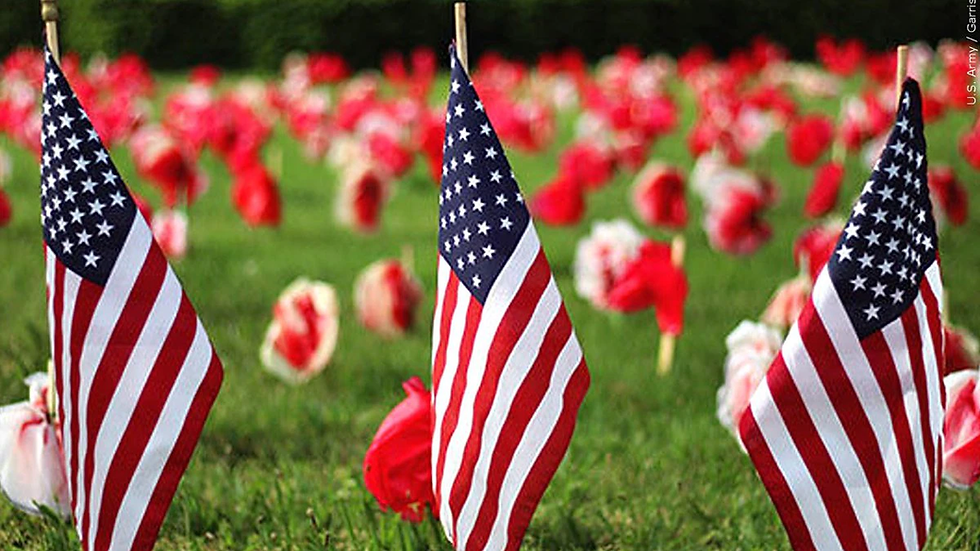February is Time to Celebrate Black History
- Feb 25, 2021
- 2 min read
Riley Mitchell, Sophomore
For the past 110 years, people have celebrated Black History Month, and it has become the most celebrated cultural heritage month. Every president since 1976 has designated February as a time to honor and recognize the role of Black men and women in United States history. Other countries around the globe, including Canada and the United Kingdom, devote a month to celebrating Black history in their country. Every year a theme is chosen for the month; this year’s was “Black Family: Representation, Identity and Diversity”. The past year has been very different and these effects will also be shown in this year’s celebration, however the spirit is not hindered.

The idea of Black History Month came from Carter G. Woodson and minister Jesse E. Moorland. These prominent men founded what is now called the Association for the Study of African American Life and History (ASAALH). In the years following, mayors of cities started issuing orders to recognize Negro History Week. Thanks in part to the civil rights movement in the 1960s, this week evolved into Black History Month, all to celebrate, commemorate, and identify the role of Black men and women in the United States. President Gerald Ford officially named February Black History Month in 1976; he called upon the public to “seize the opportunity to honor the too-often neglected accomplishments of Black Americans in every area of endeavor throughout our history.”
There are many ways to help and assist the Black community during this month and for the rest of the year. Some easy ways to do this is to support Black businesses and artists, visit a Black History or Civil Rights Museum in your local area, donate to a Black organization, explore Black music, support Black media, engage in healthy conversations about Black history on social media, decorate your home with Black art, or read a biography of an influential Black figure. This past month, a lot of celebrating has gone digital. The National Association of the Advancement for Colored People (NAACP) is partnering with AMC Networks to share stories from Congressional Leaders about the importance and significance of Black History Month. At the National Museum of African American History, a social media campaign uplifting Black families was launched. They also designed a school outreach to engage students with making art and starting conversations about African American artists. See what you can do at home and in your community to celebrate Black History Month every year!
Woodson believed that it was very important for Black youth to understand and be proud of their heritage. This month is a time to remember that Black history is more than just its title: it's American history. This month is not only about remembering and honoring, it is about growing and recognizing the possibilities that lie ahead.
Sources:




Comments